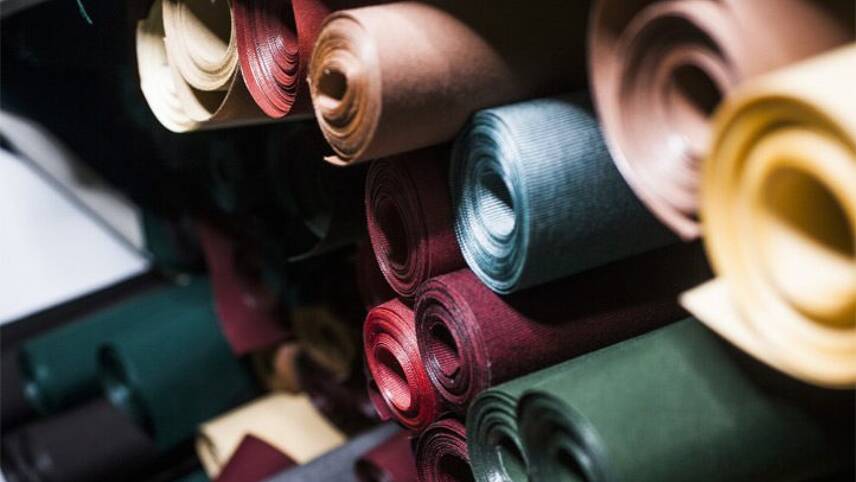Register for free and continue reading
Join our growing army of changemakers and get unlimited access to our premium content

Unveiled late last week, the online tool enables users to track the origin of all MMCFs used in M&S’s fashion and homeware ranges.
It lists both raw material suppliers and factories, providing information on factory location, gender balance among workforces, and whether each factory enables staff to sit on committees or to join third-party unions.
As for raw material suppliers for MMCFs, the map provides addresses, information around what materials are involved, and the capacity volume of each location. It reveals that M&S sources raw viscose from 23 suppliers globally, the majority of which (15) are in Asia.
For ease of use by customers, investors, staff and other stakeholders, the new map has been integrated with M&S’s dashboard of existing supply chain maps. In 2016, the retailer launched the first of its digital mapping tools with a website listing the location of its beef and dairy farmers, as well as the methods of farming they are using. The project has since been expanded to cover M&S’ wool and seafood supply chains.
Fashion’s dirty little secret?
With the majority of garments sold worldwide now being made from textile blends, the viscose industry is expanding rapidly and the commodity is now the third most commonly used textile fibre in the world.
But aside from the material’s role in making clothing cheaper and boosting national economies across Asia, its supply chains have increasingly been linked to environmental degradation. Research conducted by the Changing Markets Foundation this summer concluded that several large Chinese viscose producers were dumping toxic wastewater into waterways and fisheries or allowing it to seep into nearby agricultural land.
In light of these findings, ever more retailers are signing up to Changing Markets Foundation’s viscose roadmap, which this year garnered the support of New Look and Morrisons. Other signatories of the roadmap – which binds companies to permanently excluding dirty viscose production methods from their supply chains by 2023-25 – include M&S, Asos, H&M Group and Zara’s parent company Inditex.
To date, signatories and other big-name fashion brands have delivered mixed progress on this ambition. Companies which Changing Markets Foundation has accused of failing to take action rapidly enough include Dolce & Gabbana, Prada, Dior, Walmart, Matalan and Boohoo.
Sarah George


Please login or Register to leave a comment.